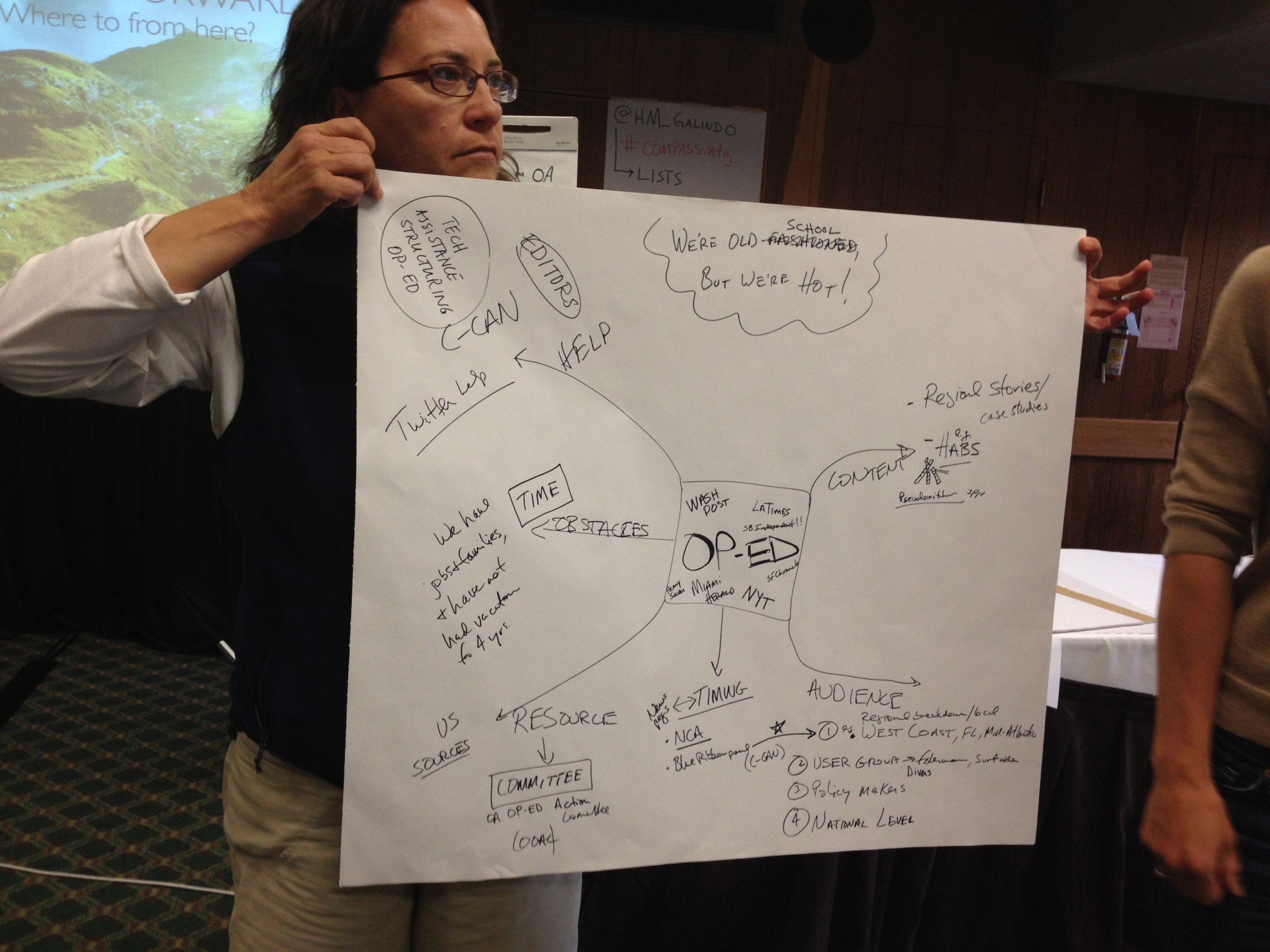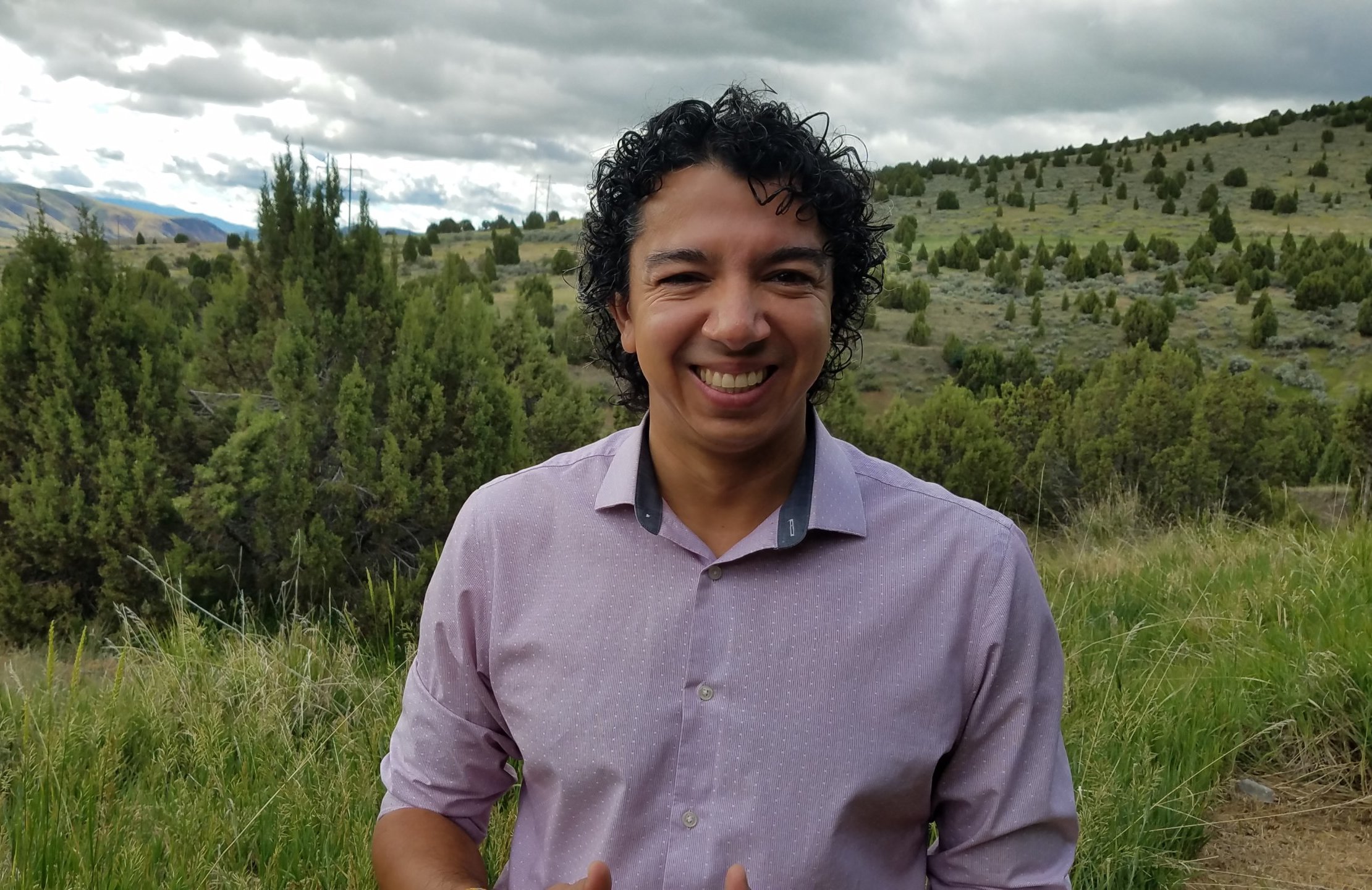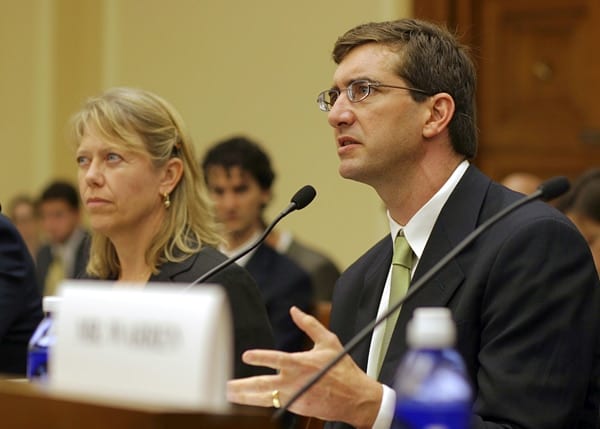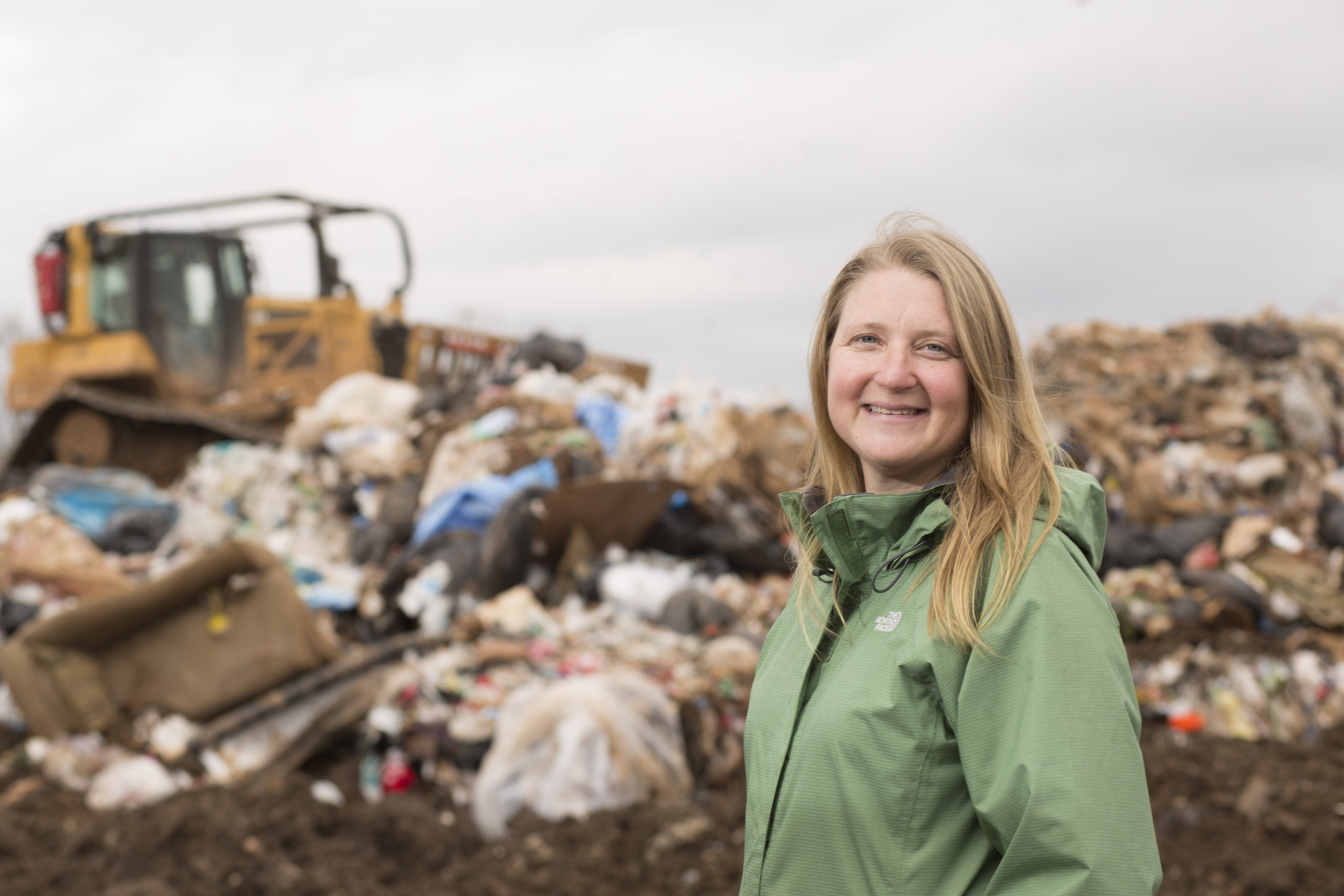“The staff are committed, passionate people who believe in what they are doing. You feel like you have a real partnership, and if you want to get fired up, they’ll get fired up with you”
The news came as a surprise to Dr. Gretchen Hofmann: Her Antarctic field team was stranded at McMurdo Station because of the government shutdown. Then came another surprise: A request from NPR’s Weekend Edition for an interview about the shutdown’s impact on scientific research. “It was a live interview out of the blue,” Gretchen remembers, “but we had spent a lot of time in COMPASS trainings practicing interview scenarios and talking about journalism culture, so I knew that the journalist contacting me was under a deadline and needed a response quickly. It went really well, and because of it, I wound up writing a follow-up Comment for the news section of Nature Magazine.”
Gretchen was no stranger to communicating with different audiences; as a researcher working in the Antarctic, she’d become skilled at talking to many kinds of people – from plumbers to visiting dignitaries. But Jane Lubchenco, one of COMPASS’ founders, urged Gretchen to up her game by applying to be a Leopold Fellow and receive training with COMPASS.
During that training and subsequent work with COMPASS, Gretchen gained insight about the culture and constraints of journalism, information she has used to conduct dozens of successful interviews with the media. “Working with COMPASS really helped me understand the inner workings and cultures of communication,” she says. “When a journalist calls to talk to you, they often need to talk to you within the next hour or two, to meet their deadline. COMPASS empowered me to ask journalists questions too. Knowing the intent of the article and who the audience is really helps me to get at what the journalist is asking for, and what I can provide – including connections to other scientists.”
“Much of my ability to connect with journalists comes from my willingness to engage them on their terms,” Gretchen says. “COMPASS helped me learn how to identify what journalists need, and to talk about my work in that context.”
Gretchen continues to collaborate with COMPASS to develop messages that are both effective and true to her work for a variety of audiences. “COMPASS never tries to change anybody’s message, they just help scientists communicate what they’re doing,” Gretchen says. “It’s like a lock and key: If you’re trying to jam your science jargon into the media lock, it doesn’t work, but if you can make your science relevant it becomes relevant to the public – the taxpayers who pay for your research. COMPASS trainings give you practice, help you clarify a strategy, and give you the insight and skills you need to really have an impact.”



